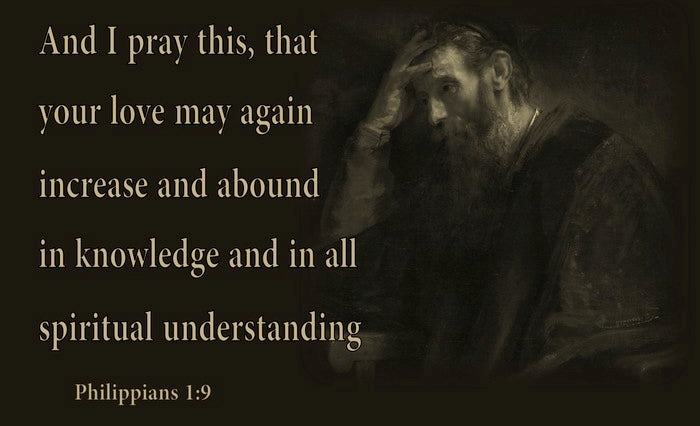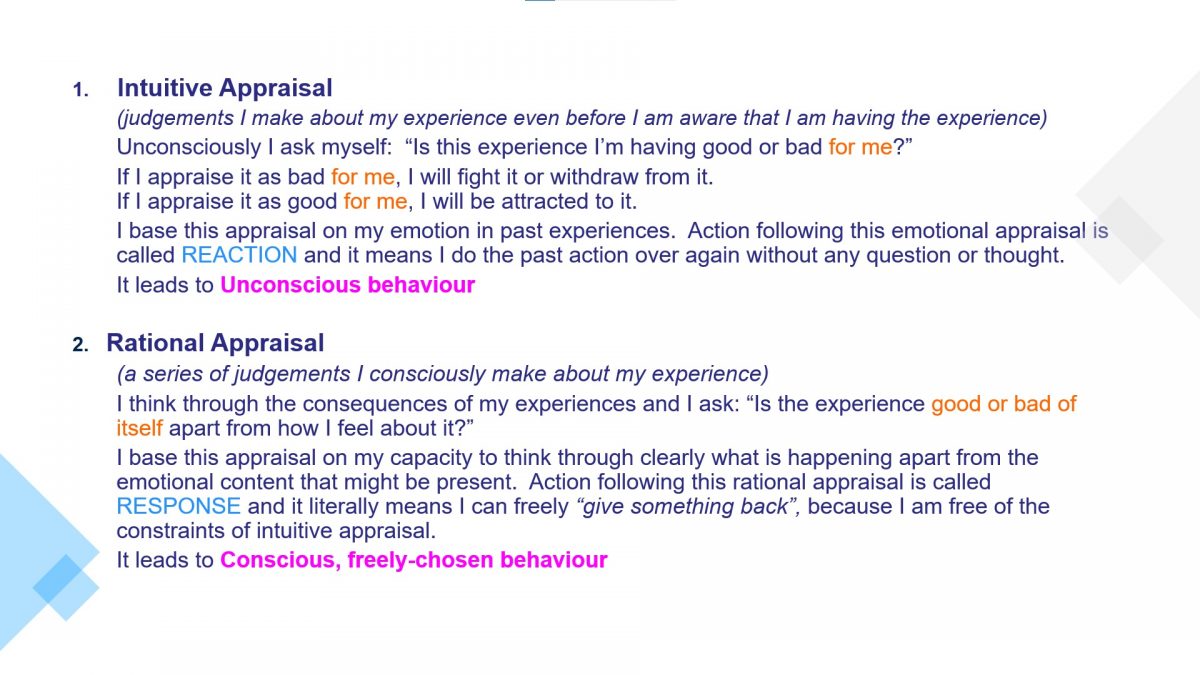
Introduction
Psychology tries to understand the human person from the point of view of the dynamics taking place within the individual and collective psyche. Human behaviour is not always what it seems. A complex set of internal beliefs, emotions, thoughts, interpretations and decisions, among other things, interact at both conscious and unconscious levels, before being translated into observable behaviour. Motivation for human behaviour is seldom black and white, and more likely to be a complicated process frequently unobserved by the individual themselves.
For the Christian person, these inner dynamics also take into consideration the teachings of Jesus Christ and their interaction with these already complex dynamics. Heart Spirituality is not just a devotion but an attempt to understand our human dynamics in the light of the sentiments of the Heart of Jesus and the values of his Gospel. We see our humanity in the light of his humanity. But we also recognise that there are hidden dynamics within us that limit our abilities to “be on earth the Heart of God”. This is why it is so important that we seek some self-understanding for the sake of the Mission. Part of what distinguishes the Christian life is the call towards conversion or transformation in which the Christian seeks a self-transcending attitude and behaviour as a result of growth in awareness of false images of both self and God. Growth in consciousness suggests a greater awareness of one’s own behaviour and the psychological factors governing it, this in turn requires increasing objectivity and a capacity for self-discrimination and discernment.
Interpretation and Discrimination
The processes of interpretation and discrimination are fundamental to understanding how the human person appraises his or her experience according to conscious or unconscious norms. Interpretation of experience can easily become misinterpretation unless a person’s experience is appraised within a context that holds it accountable. Appraisal determines the lens through which ‘reality’ is judged to be true or false. Failure to attend to this lens means a person will be limited in their capacity to discriminate between healthy and misleading interpretation of experience. This also limits their ability to live the Christian life. The ability to discriminate between one’s own healthy and unhealthy attitudes is crucial for those serious in their quest for God, as self-deception is a fair trap and other pitfalls abound. Becoming familiar with the ways in which one’s awareness moves away from the here and now towards unconscious and habitual attitudes, gives the Christian some idea of what leads them away from integrity and towards more compulsive manners of behaviour. Learning to see what triggers the move and how to do something about it will improve one’s capacity for attending to God, self and to others.
| Listening Review |
|---|
| For a few minutes listen to another person tell you about themselves. |
| 1. What can you hear through the verbal and non-verbal communication of the other person? 2. What can you hear going on inside yourself at the same time? 3. Can you listen for your own internal processes without losing touch with the other person? |
A helpful psychological tool is what is called Gestalt, which is a term taken from a longer German word. A Gestalt has two or more parts (like figure and ground, or foreground and background), that are so integrated, that we perceive them as one object. Gestalt means “form or shape,” and explores the idea of perception. In Gestalt terms your listening to the ‘other’ is the figure, and to yourself is the ground. Discrimination is good if you can listen to someone and they can be in the foreground of your attention, while your own present interior chatter can be placed in the background for a moment. Discrimination is poor if the reverse holds true, in what are called “figure / ground reversals”. These can occur with little or no consciousness on your part. You take up the foreground while the other is held in the background, and the question arises, “who are you listening to?”.
Discriminating between what is going on in you and what actually belongs to the other, means you can choose not to allow your own inner process to interfere in your care for others or your seeking for God. A lack of discrimination means you are more likely to impose your own process onto the other, be that God or another person. You may even find that a failure to discriminate causes you to react emotionally to the other’s self-revelation, and you may end up confusing your process with that of the other person (or in some cases even God!). Good discrimination is not acting out the confusion (or re-act out of it).
Discrimination is not just an awareness of the various parts of what is taking place within and outside of me. It is also a matter of starting to make sense of what is taking place. The four operations in Bernard Lonergan’s Theological Method: Experiencing, Understanding, Judging, and Deciding help us understand this process within the Christian person.
Effective discrimination of our interpretation occurs when we are aware of our own internal processes; feelings, thoughts, intuitions, body, mind, spirit, etc, and we have a reasonable understanding of them, so that we can make appropriate judgments for the purpose of sound decision-making, leading to action.
When we are being defensive, we are acting out of patterns of emotion and emotional-logic in reaction to experiences which feel threatening to us (for example blaming others). In defensiveness we are re-acting to experience without any real awareness of the emotional patterns, that determine our interpretation (understanding), judgment and behaviour (decision/action). These reactions are based upon the foundational experiences that have formed us. This pathway within our psyche is know as intuitive appraisal.
Christian freedom comes when I have the conscious reasoning, to choose a different pathway to that which my nature dictates, and this is known as rational appraisal.
The following illustrates some of the basic movements happening within Intuitive & Rational Appraisal.

Our actions are based on decisions that follow on from judgments (appraisals) we make about our experiences of life. Sometimes our appraisal comes from unconscious impulses; hence we are not aware of the underlying motivating factors and tend to re-act to situations, as if on ‘emotional automatic pilot’, like replaying the same old tape over and over again. Most people look at their current state of affairs and say, “This is who I am”, actually no, that is who you were. What you are looking at is the residual outcome of your past. If we can slow down and catch ourselves before we react, we can appraise a situation rationally and respond with greater clarity and with less emotional (or need) investment. For example, if in an argument we can slow down, step aside, and stop, observe, and reflect carefully about what is taking place (rationally appraise) we may have a better chance of approaching the situation with calm, and rather than react to a situation from our past, our contributions will be fresh, clear, and more fruitful.
The patterns of our Re Actions are usually not known to us unless we reflect on the content of our experience and interpretation. If we notice inconsistencies in our behaviour, especially between what we do and what we say, then something hidden may be at work in us (such as reaction-formations and other defensive patterns) which limit our capacity to be effective listeners. If not we communicate to others our mixed intentions usually in a non-verbal, pre-conscious way. Furthermore, and perhaps most importantly, we may fall into the trap of assuming our past emotional patterns and the ’emotional0logic’ that comes with it, are the norms of human behaviour, and that the behaviour of others is from our point of view the aberration. Put plainly we may be not listening to anyone else at all, but only to our own interior voices of the past.
Responding is a conscious and deliberate process. We respond intentionally, with freedom from hidden motivations. Responding does not mean I have or even can rid myself of my emotions and thoughts, but rather, that I am listening to them, and aware of them and their influence on me. I may then have some chance to limit their capacity to interfere with my pastoral presence and my capacity to listen to the heart of God.
Have a great day!
Chris Chaplin, MSC
